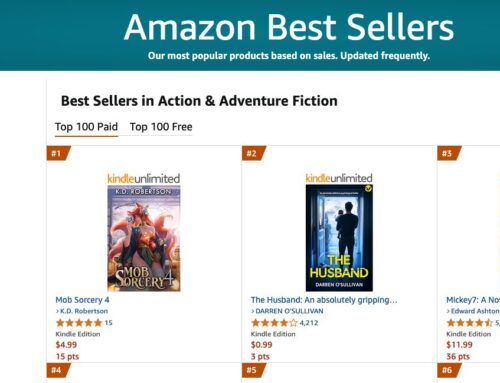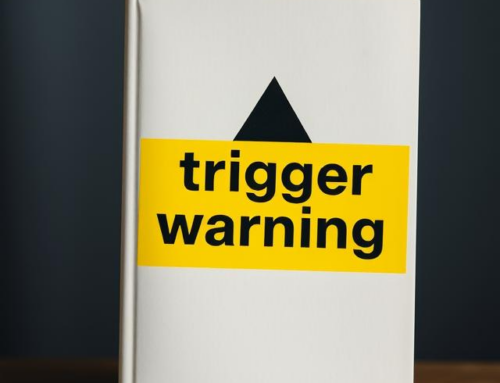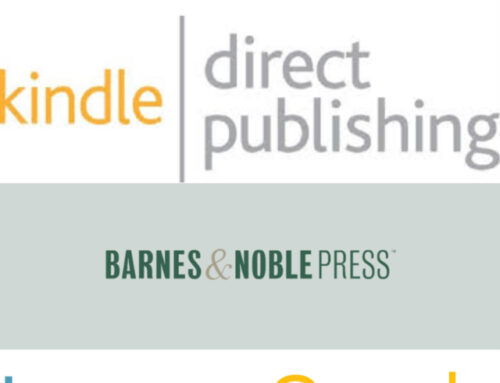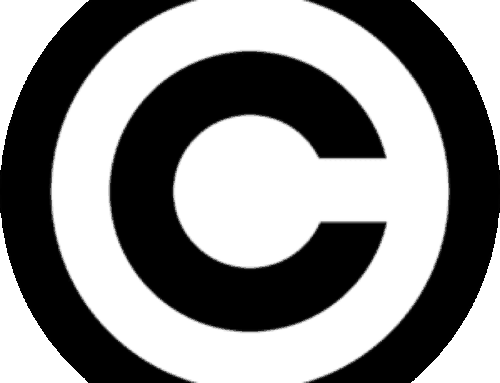
Barnes & Noble and Sony ereaders use the standard epub format, so you’re free to purchase books from other sources and read them on your device. Nevertheles, most people use the company store anyway, because it’s just easier to buy from one place and let them manage your growing library than it is to to sort out various books from various sources.
Enter Google.
Yesterday my book Zombocalypse Now went on sale in the new Google ebookstore, where the philosophy is that if you buy it there, you can read it wherever you want (excluding your Kindle, of course). Google books are stored in the cloud (just like your gmail or your Google docs), and you can read them in any modern web browser and on any device that plays supports the Adobe digital standard — so far this list includes Sony’s Reader, the B&N Nook, Apple and Android phones and tablets, and various others.
This by itself probably doesn’t give Google much of a competitive edge over Amazon. Most people don’t share my particular qualms, so if they buy a Kindle they have no problems shopping in the Kindle store. Plus, Amazon has a huge head start over everyone else in terms of customer base, and in terms of sales experience — no one moves product on the web as well as Amazon does, period.
But the interesting thing, to me, is that if a company’s goal is to sell hardware, all they have to do is use the Adobe standard and their shiny new ereader instantly ships with the full-featured Google retail outlet. I’d say this pretty much guarantees that next Christmas we’ll see a whole crop of $99 ebook devices. And mark my words: $99 is where the mass book migration from print to digital begins.
The other intriguing thing Google is doing is operating as a back end for independent stores that want to sell ebooks. Your favorite local book store just has to sign up and they can sell Google ebooks right on their own websites. They seem to have a fair degree of control over pricing as well. I checked two stores here in Seattle, and Elliot Bay is selling Zombocalypse Now at the list price of $2.99, while Third Place Books has it discounted to $2.09 (although they can’t be making more than a sliver of profit on it). Of course, right now these various partner stores aren’t much more than a search box and a shopping cart, and even Google’s own store doesn’t hold a candle to the well-oiled book-recommending machine at Amazon. But is somebody somewhere out there working to incorporate Google’s system with a clean, powerful user experience as we speak? I’m going to go out on a limb and say yes.
So what does all this mean for the future of ebooks? Beats me. As it stands today, the market is Amazon’s to lose, and like I said, they’re really good at selling stuff on the web. But so far Barnes & Noble, Sony and Apple have all tried to get a piece of the pie by mimicking Amazon’s business model. Google is the first major player to really come at ebooks from a different angle.
Should be fun to watch.
(Crossposted at chooseomaticbooks.com)
Get an Editorial Review | Get Amazon Sales & Reviews | Get Edited | Get Beta Readers | Enter the SPR Book Awards | Other Marketing Services






















Leave A Comment